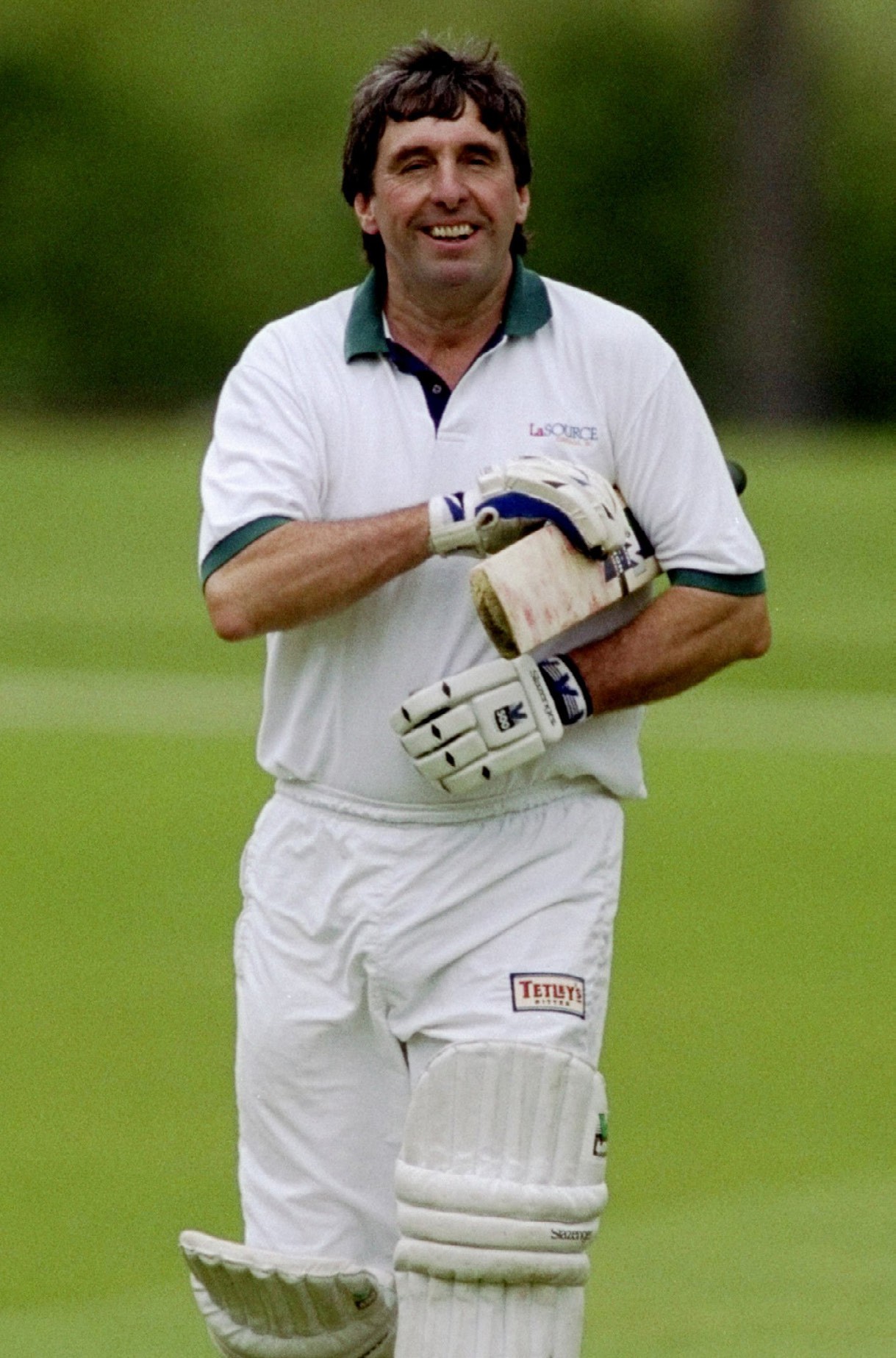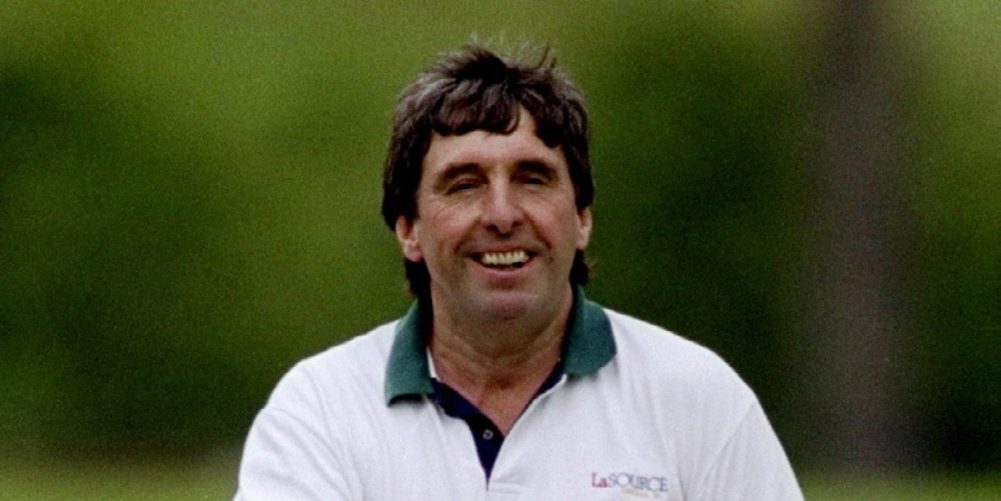David Emery 1946-2023
Derek Pringle looks back at the career of The Cricket Paper supremo who sadly died last week
Despite the culture wars ’Old School’ is still a term of endearment especially when applied to someone like David Emery, the legendary sports journalist who died last week.
David was defiantly old school and loved for it, a man who epitomised the glory days of Fleet Street and its newspapers without ever becoming stuck in its past.
That hybrid, of bringing half a century of experience to bear in a modern context, was how he ran publications like The Cricket Paper until the debilitating stroke he suffered 16 months ago cruelly halted his involvement.
David was steeped in journalism, embodying both its grit and romance. Starting with his reporting days at The Star to his time as head of sport at the Daily Express to the national papers he later founded like Sport First and The Non-League Paper, he could do every job in the building from writing peerless copy to printing the final edition. He was across everything, a charismatic leader not shy of rolling up his sleeves.
His energy for the job of disseminating sporting endeavour to the masses was as unquenchable as it was infectious, and he inspired utter devotion in those he worked with. As Jeff Ives, a former colleague at the Daily Express, put it: “People wanted to go to work because David made it exciting”.
Prior to his role as the Express’s head of sport in 1986, David had been the paper’s chief sportswriter, the most prestigious writing job on the desk. Journalism was very hierarchical back then and the Dukes, as chief sportswriters were known, had little time for those outside their orbit. Not so David. From the copy he wrote to his dealings with both subjects and colleagues, his famously light touch made him a popular man.
The job needed to be fun and David played as hard as he worked, expecting others to follow suit. These days his midday sessions in the pub followed by a late lunch, where yet more drink was taken, would be frowned upon. But such was his journalistic nous and so generous was he at dispensing his knowhow, that the pages he produced were never less than topical and strong. Anyway, in those days of copy takers and printing presses the business end only really got started after lunch, the working day stretching to midnight and beyond.
It helped that David loved and respected sport and sportspeople. He even encouraged staff involvement in office cricket matches and events like the London to Brighton bike ride. Like many, he enjoyed a flutter, mainly on the horses, though Charlie Sale, who worked as his sports news editor at the Express during the late 1980s, recalls a £500 bet that involved a race from Blackfriars to Westminster bridge and back, roughly a distance of three miles.
“David had a bad knee so I thought it would be the easiest five hundred quid I’d ever make,” said Sale, who was also 15 years his junior. “But he reeled me in, overtaking me with about half a mile to go. You’d think I’d have learned my lesson but months later there I was, this time swimming lengths against him at the Lanesborough Club, handing over the money once more.”
Sale, who later moved to the Daily Mail, was Sancho Panza to David’s Don Quixote, a loyal squire up for his boss’s crazy capers such as their trip to St Moritz to do the Cresta run, which they did alongside six bemused Express readers who’d won a competition run by the paper.
“David was an inspirational figure,” said Sale. “He had such good journalistic instincts that everything came easily for him. Not that he ever held that against others.
“He gave people a chance, especially young writers, and backed them through their mistakes. He was very encouraging and very loyal. People liked and respected him for that.”
That didn’t mean it was always peace and harmony. Once, when he and Sale had disagreed over a story, they ended up wrestling each other on the office floor just as the Express’s editor was showing round some guests. It was shrugged off. Newspapers were, and no doubt remain, highly competitive environments and it was thought unrealistic to retain a beatific calm at all times.

My own dealings with David came when I joined The Cricket Paper which he founded in 2012. I found him, much as those previous testimonies, to be a very generous man who laughed off problems rather than shouted about them and who engendered great spirit among his colleagues. Under him, The Cricket Paper became a four-time winner of the England and Wales Cricket Board’s national paper of the year.
Such an enlightened approach is unusual in journalism and I wonder if it began during his time as an athletics writer in the 1960s and his subsequent engagement to Lillian Board, an athlete destined to become one of Britain’s greats until cancer got her at 22. That would have shown him the fragility of life in the most devastating way and how opportunities must not be spurned if one is to live, laugh, love and work all in the same lifetime.
Following that tragedy David married Lillian’s sister Irene, who bore him two daughters, Alexandra and Georgie and two sons, Matt and Sam, who now run Greenways Media, the company which oversees the stable of sports newspapers he founded. He also has another son, Jack, with his second wife, Sarah.
In a world where there are ever diminishing numbers of people like David Emery we share their grief.















